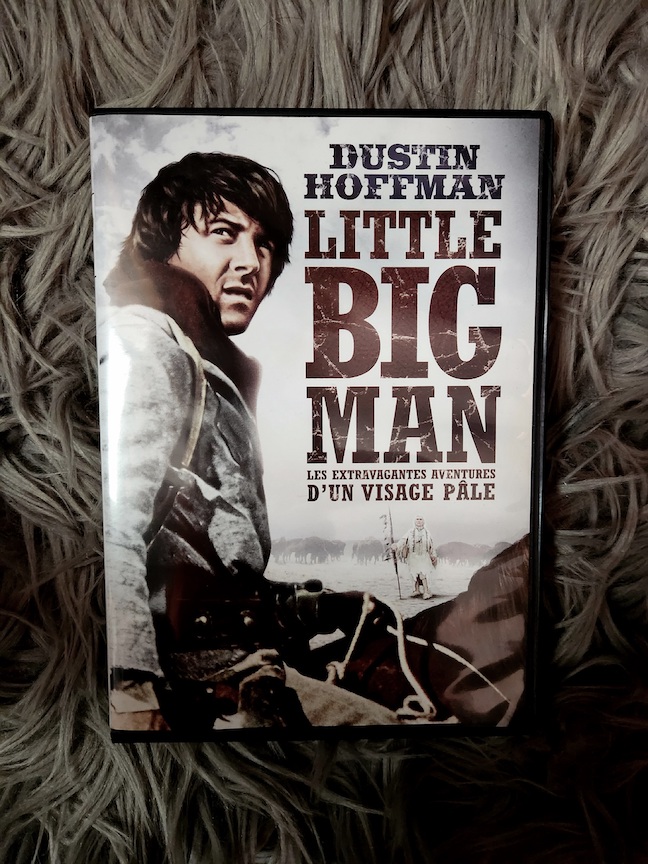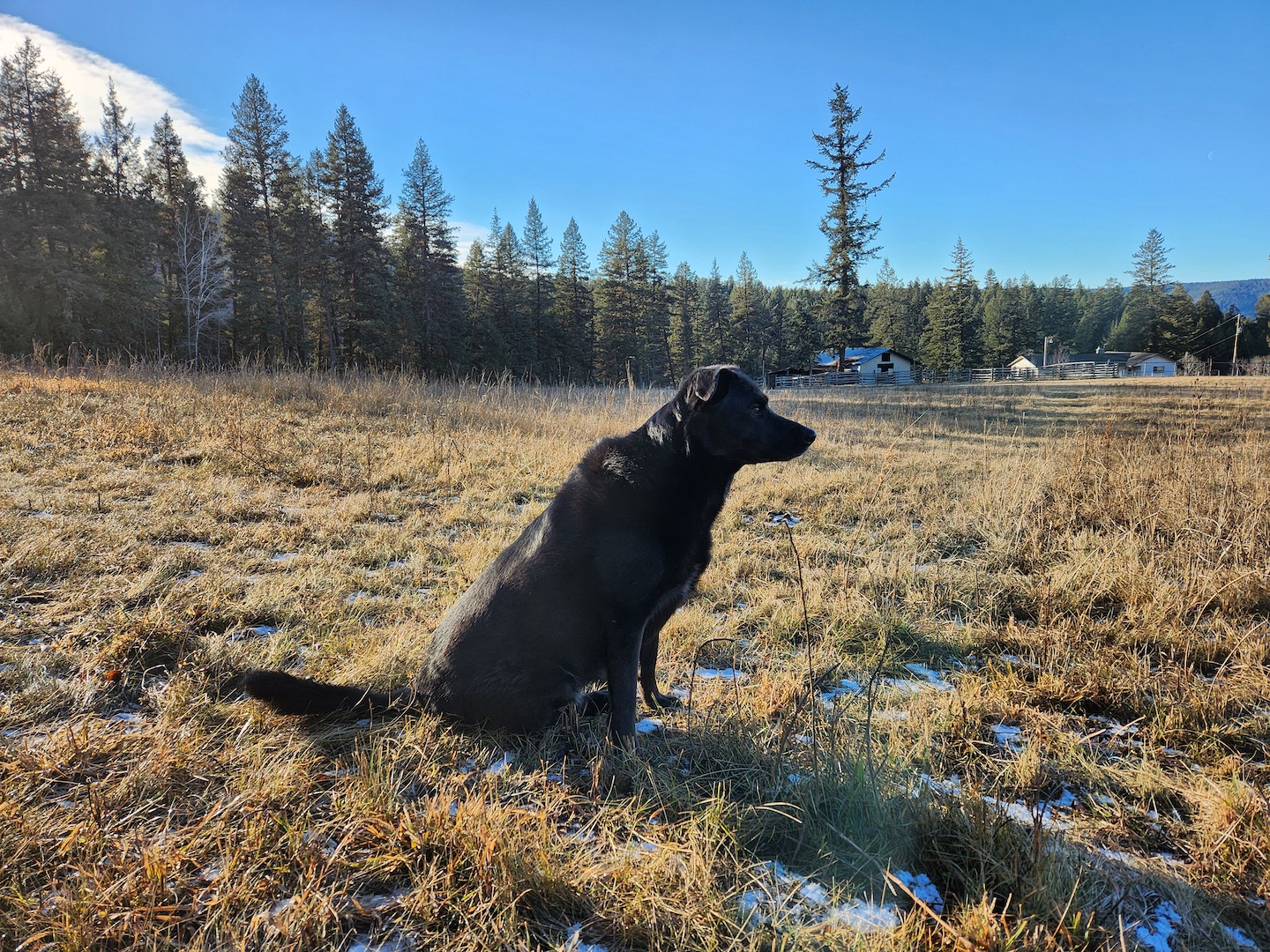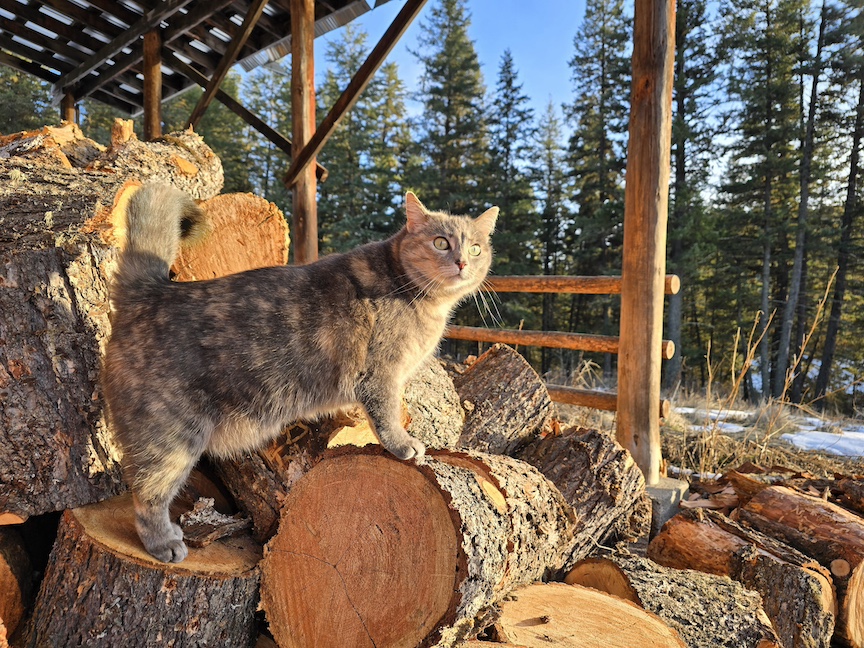Starring: Dustin Hoffman, Chief Dan George, Faye Dunaway, Richard Mulligan
Director: Arthur Penn
Released: 1970
Mood: If you love Forrest Gump and want a Western that’s like if Forrest was a short Jewish guy raised by the Cheyenne in the 1800s.
As a writer I’m a HUGE fan of great storytelling. Little Big Man is a fantastic piece of Western storytelling that’s also shockingly woke for 1970.
- It’s full of cheeky comedy
- And innuendo
- And action
- And respectful Indigenous representation
- And 31-year-old Dustin Hoffman playing a 17-year-old boy with the hots for 28-year-old Faye Dunaway
It’s similar to Forrest Gump, in that you get one man guiding you through pivotal movements and moments in American history with a strong anti-war POV, and at times he acts a bit simple. It’s also similar to the theme of Young Guns II because it’s a Western narrated by an old guy who swears he was there but may or may not be full of shit.
But if these themes and plots feel familiar, it’s probably because Little Big Man did it first, and did it so f*cking well that others wanted to replicate that success.
What Little Big Man further delivers is a strongly anti-colonial perspective, unapologetically deplorable female characters, a two-spirit character, AND Indigenous roles played by Indigenous actors – all WAY ahead of its time. It’s not perfect, but it’s significantly better than tons of movies that have been made in the decades since.
I’ve loved Dustin Hoffman in every single movie I’ve seen him do, and Little Big Man just reaffirms my appreciation for this great actor.

Little Big Man opens with 121-year-old Jack Crabb (Dustin Hoffman) being interviewed in a hospice by a historian who wants an authentic perspective on Indigenous people. Naturally they asked an old white guy.
To be fair though, Crabb is no ordinary old white guy. This is Dustin Hoffman in an impressively detailed prosthetic mask that took five hours a day to apply, rasping in a voice he intentionally thrashed by screaming for hours before shooting his scenes.
Crabb led a thrilling life in close proximity to the Cheyenne people, and you get to relive his adventures through a colourful retelling in flashbacks. The French title on the cover of the DVD literally reads ‘The Extravagant Adventures of the Pale Face’, and it’s fitting.
- Fun Fact #1: Dustin Hoffman earned a Guinness Record for ‘largest age span played by one actor’, playing Crabb from ages 17 to 121, and he still holds that record to this day.
First up, a wagon train is decimated by Pawnee and the only survivors are 10-year-old Jack and his sister. They’re rescued by a Cheyenne man. The sister is pissed that nobody wants to rape and pillage her, so she takes off and leaves Jack to be raised by the lovely Cheyenne people and become Little Big Man (a real warrior, though he was not half-white and not Cheyenne; the movie version is also loosely based on a Native scout called Curley).
From there, destiny takes Jack back to the white people and into the lusty bosom of a reverend’s wife (Faye Dunaway), then he becomes a literal snake oil salesman, then a gunslinger who meets Wild Bill Hickok, then he becomes a briefly married man who briefly owns a general store, then he’s back to the Cheyenne, then into Custer’s regiment as a muleskinner, then over to the Cheyenne to do a LOT of impregnating, then he finds himself a homeless drunk in Deadwood, and finally he’s back with Custer and off to the Battle of Little Bighorn.
![]()
Can we all just pause and give Dustin Hoffman a standing ovation?
This guy gave us so many characters that I’m sure make up the fabric of your being since you clearly love movies as much as I do, to have made it this far into this review. Learning about Hoffman’s struggles to make it as an actor made my heart hurt.
Dustin Hoffman Less Fun Facts Bullet List:
- At one point he lived with Gene Hackman and Robert Duvall, and all of them assumed they would only ever work in theatre
- Hoffman was repeatedly told that he was too short and unattractive to make it in Hollywood (Robert Duvall described him as ‘Barbra Streisand in drag’)
- Hoffman has had to claim unemployment insurance
- His pay for movies that we now consider to be iconic was close to minimum wage
Hoffman is somehow always right for each scene. He’s a dumb, horny boy when he needs to be, a sloppy drunk, or a conflicted man. He could be one of those memes where you identify your mood by photos of Dustin Hoffman’s many faces from this movie.
Then we have Chief Dan George as Old Lodge Skins. I’m a massive fan of his subtle comedy, as I’ve previously raved about in The Outlaw Josey Wales. Here, we get him in a little more of a kindly leader role, but not without its one-liners.
- Fun Fact #2: Chief Lodge Skins says “Today is a good day to die,” a line that shortly afterward made its way into Star Trek as a Klingon catchphrase
- Fun Fact #3: Chief Dan George (birth name Geswanouth Slahoot) was a Coast Salish actor from Canada, and the first Native actor ever to earn an Oscar nom. He also received nominations for a Golden Globe, National Society of Film Critics Award, and the New York Film Critics Circle Award.
The rest of the acting lives up to the leads. Faye Dunaway is hilariously lusty as the reverend’s wife, giving you major Mrs. Robinson vibes – which is extra funny since Hoffman was older than her, and this movie came out just three years after the movie that gave us the whole Mrs. Robinson cougar reference, The Graduate. Jeff Corey is solid as Wild Bill Hickok, although for some reason they rewrote his famous death. And I enjoyed how, as a child, the character Little Horse doesn’t want to become a warrior and prefers the company of the women and children, and the narration simply says that’s okay by everyone in the tribe and further explains that two-spirit people were revered.
Meanwhile, the choice of young Chinese actor Aimée Eccles to play Sunshine, one of Crabb’s wives and seemingly the only one he loved, was intentional. Little Big Man is one of many anti-establishment ‘70s movies that were not-so-subtle commentaries on the Vietnam War. Eccles’ casting and character were carefully curated to create an emotional reaction to the impact of the current war on women and children.
![]()
Almost everything else about Little Big Man matches the quality of the acting. The cinematography is strong, and the pacing is great. They do take a few liberties with historical accuracy, like the order of certain massacres and Custer’s general strategy going into Little Bighorn. But for once the liberties are being taken with how the WHITE people are depicted, not everybody else.
The two small negatives are that the fake blood is REALLY fake, and sometimes the music is way too chipper. I get that they didn’t want the tone to be dark and melodramatic, but it’s still a movie that touches on the genocide of Indigenous people. Probably could have done with more subtle scoring.
With that said, keeping the movie light would have helped it reach more viewers, and get its anti-war messages across.
If you have a free evening and want to fill it with an epic Western adventure that’s truly deserving of its hefty run time, I can’t say enough great things about Little Big Man. I mean, I just did say many great things. And I could definitely say more. But I will stop now.


